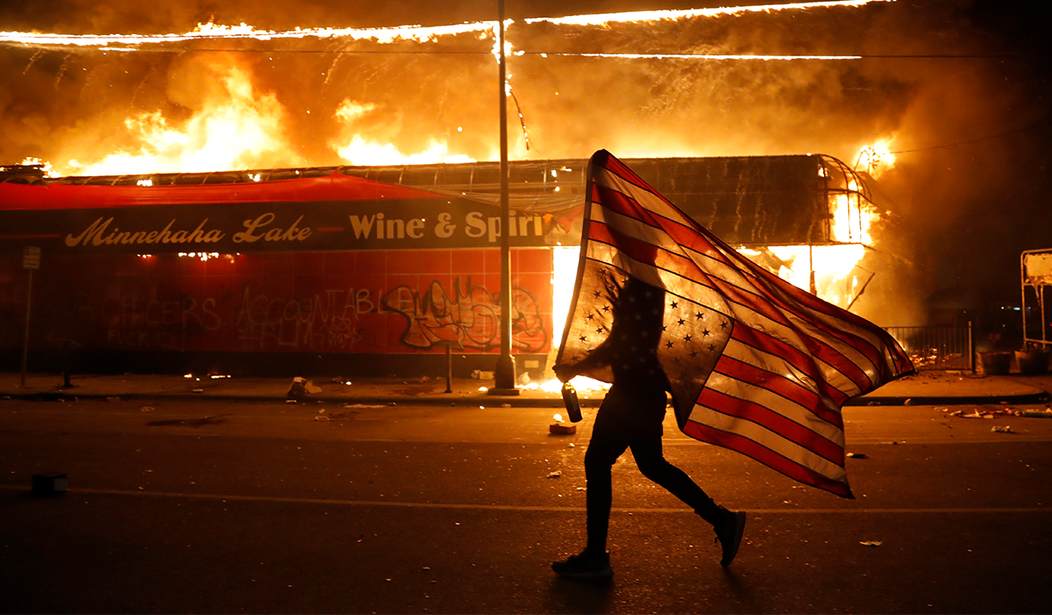If you lived in Atlanta, he was huge — as big as Coca-Cola. If you lived anywhere else, he was more like RC Cola, something you might’ve tried a few times when you were traveling through the South but not exactly your go-to beverage. But make no mistake, “The Talkmaster” Neal Boortz was a talk-radio legend.
Even though everything about him was kind of… off.
For starters, he wasn’t even a conservative. He was a (right-leaning) libertarian. Didn’t work in media either; he was first a salesman, then a Georgia lawyer. And although he’s been retired since 2013, he had one of the strangest, most inexplicable careers in radio history.
Beginning with how it all began: Boortz fooled around with college radio in Texas, but left radio behind in 1967 when he moved to Atlanta and took a job at Rich’s Department Store, selling carpeting and jewelry. (Among his early customers: Martin Luther King, Jr.) While in Atlanta, he became a superfan of a local talk show host on AM 680, a man named Herb Elfman.
Boortz loved this show!
Soon, he began calling in regularly, sending over scripts, and trying to cultivate a personal relationship. And it worked: Elfman even became a regular dinner guest in Boortz’s home. According to Boortz, at the end of every meal, Elfman would perform an impromptu radio monologue — which was just as bizarre as it sounds.
One night, the evening news reported that Elfman had committed suicide.
Boortz showed up at the doors of AM 680 the next day and told them he was ready to take Elfman’s place. As he recounted it in his book, “Somebody’s Gotta Say It,” Boortz told the station manager, “Somebody’s got to do that show. I can do it.”
And for 40+ years, he was a talk-show host. Among his proteges was Sean Hannity; among his pet projects was popularizing the fair tax. To that end, he wrote the #1 New York Times Bestseller, “The Fair Tax Book,” with Congressman John Linder.
Alas, the trouble with talk radio is its terminal lack of longevity. Topical commentary doesn’t date very well. Even the smartest, cleverest ideas will fade away from public consciousness the moment they leave the host’s mouth. It’s like painting masterpieces on a decomposing canvas.
That’s a shame because one of Boortz’s ideas was so brilliant, it deserves to live on. It’s the issue of flag burning.
A huge majority of conservatives — 77% — think it should be banned. Yet only 50% of independents and 35% of Democrats agree.
Like most conservatives, I also supported legislation to protect our flag from desecration. Although I recognized the Free Speech argument, I felt that societies have a vested, legitimate interest in protecting certain symbols. To me, the U.S. flag, which has adorned the coffins of far too many brave members of our Armed Services, was worthy of such protection. (Especially when anti-American activists torch the flag to deliberately provoke, antagonize, and offend.)
But a small part of me always felt bad, because Free Speech must apply to actions as well as words, and I try to be a Free Speech absolutist. Sadly, that necessarily includes the speech we vehemently disagree with.
It’s a dangerous, slippery slope, because if you try to limit Free Speech to only include the spoken word, then the government would have the right to regulate campaign signs, bumper stickers, online writings, yada yada. I don’t know about you, but I don’t trust the government with that kind of control.
And that’s the genius of Neal Boortz’s wise, Solomon-like idea. It protects Free Speech while also protecting the sensibilities of those who’d die to protect Old Glory:
Flag-burning must be allowed because it’s a form of (hideous, odious) Free Speech.
However, Boortz would add this clause to the criminal code (in his words):
“The crime in question would be ‘kicking the crap out of anyone who makes a public display of desecrating the American Flag.’ The penalty for such a breach, I propose, should be a fine not to exceed $1 or five minutes in the custody of the police.”
Genius!
We miss you, Neal.










Join the conversation as a VIP Member